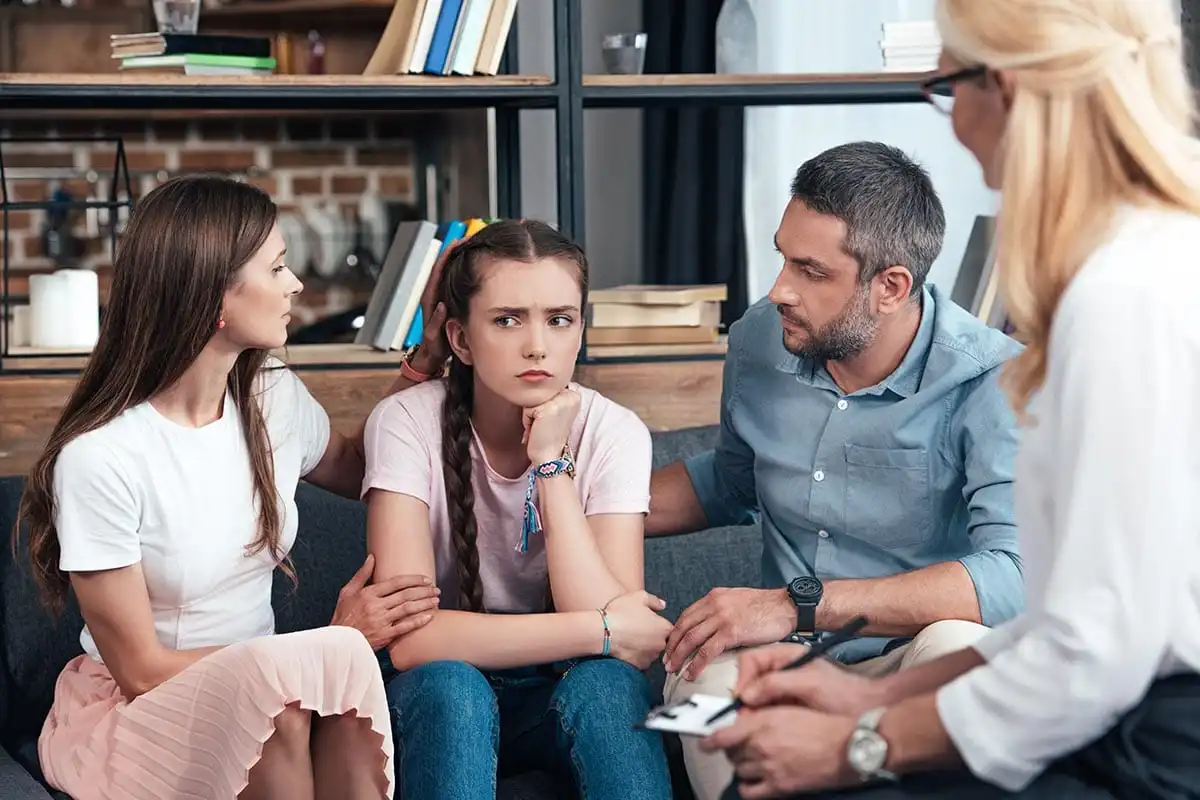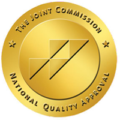Addiction treatment focuses on the person with a substance use disorder. While this is accurate, the importance of family therapy during addiction recovery shouldn’t be diminished. Yes, individual therapy sessions can provide clients of addiction treatment programs with the tools and skills needed for recovery. But without a support system to welcome them once treatment ends, all of that progress toward recovery could crumble.
Family dynamics can influence every family member’s development. Certain behaviors or roles may lead to the development of addictions or the intent to hide the problematic use of addictive substances. Families aren’t just the typical parents-and-children group, either. A client’s family can have only one parent, including grandparents, have unmarried but cohabiting couples, have gay or lesbian parents, or be otherwise nontraditional. Friends and distant relatives can also be part of the family undergoing family therapy with addiction treatment program clients.
Research shows that treatment that includes family therapy works much better than treatment that doesn’t. When family therapy is combined with individual treatment, it can reduce psychiatric symptoms, relieve stress, and reduce rates of relapse. Looking for a family therapy program in Los Angeles, California? Contact Avedis Recovery by calling 833.514.0579 or reaching out to our team online.
What Is a Family Therapy Program?
A family therapy program is a psychotherapy program that can help family members improve communication and resolve conflicts. Family therapy is usually provided by a clinical social worker, licensed therapist, or psychologist. These therapists should have graduate or postgraduate degrees and may be credentialed by the American Association for Marriage and Family Therapy (AAMFT).
These therapy programs are often short-term. Sessions may include all family members or just those willing to participate. A client’s specific treatment plan will depend on their family’s situation, and sessions don’t all have to revolve around the client’s issues. Some family therapy programs don’t even focus on one specific client but instead, treat the family as a whole. Family therapy sessions deal with various issues and provide all family members the skills to deepen family connections and get through stressful times.
What Is the Importance of Family Therapy During Addiction Recovery?
The connection between family therapy and addiction recovery is striking. As mentioned above, addiction treatment works better with family therapy than without. This may be because addiction is considered a family disease and a chronic disease. Not only is there no cure–only a lifetime of maintaining sobriety–but there is also no way to contain its effect on just the person that’s addicted.
Addiction affects the entire family system. Family members will feel the adverse effects of their loved one’s addictive behavior. Addiction stresses family members, as addictive behavior can disrupt routines and cause unsettling experiences. As a result, family members can develop unhealthy coping strategies as they strive to maintain equilibrium in the household where the addicted person lives. The family then becomes a dysfunctional system, which often unwittingly contributes to the development of the addiction.
The Importance of Family Therapy During Addiction Recovery
Although the effects of substance abuse vary based on family structure, addictive behaviors impact family dynamics in very unhealthy ways, such as:
- Boundaries and structure: Homes in which substance abuse exists often lack structure, with minimal parental involvement and non-existent boundaries. This results in confusion and inappropriate behaviors in children.
- Denial: In many cases, when a loved one has a substance abuse problem, the family will deny that there is an issue.
- Ineffective communication: When a loved one abuses drugs, communication within the family unit often breaks down. Positive interactions may also be minimal. Family members’ needs, concerns, and wants other than the substance abuser may be overlooked.
- Lack of safety: In some cases, the safety of family members may be put at risk by a loved one’s addiction. Children or spouses can also need legal protection due to their fear of their loved one’s actions.
- Misplaced responsibilities: Some family members take on or inherit too many responsibilities that may not be age-appropriate. This can cause children or spouses to become overwhelmed.
- Negative emotions: Family members typically experience anger, anxiety, concern, guilt, embarrassment, and resentment.
- Relationship deterioration: Addiction produces damaged relationships that can continue through generations and encourage negative behavioral modeling. Additionally, substance abusers often isolate themselves from other family members.
What Happens When a Client Goes Through Addiction Treatment Without Family Therapy?
Addiction treatment and family therapy go together perfectly. Without the benefits of family therapy, clients will be less likely to maintain their sobriety after they leave their professional addiction treatment program.
The National Institute on Drug Abuse (NIDA) includes the following as benefits of family involvement in addiction recovery:
- Easing feelings of anger, confusion, fear, and stress related to the addiction
- Enabling family members to voice their feelings and concerns about a loved one’s addiction
- Having family members develop skills and strategies to help a loved one stay on the path to recovery
- Having the opportunity to address any other mental health issues within the family system, can hamper family communication and contribute to relapse
- Improving family communication skills
- Keeping your loved one motivated and engaged during treatment
- Learning about addiction and its effects on the family, as well as understanding how treatment works and what to expect when the professional program is over
Family members should remember that getting involved in a loved one’s recovery improves their chances of long-term success while improving household function and other family members’ mental health.
Ready To Learn More About Avedis Recovery’s Family Therapy Options in Los Angeles?
Looking for a family therapy program in Los Angeles, California? Contact Avedis Recovery by calling 833.514.0579 or reaching out to our team online.









